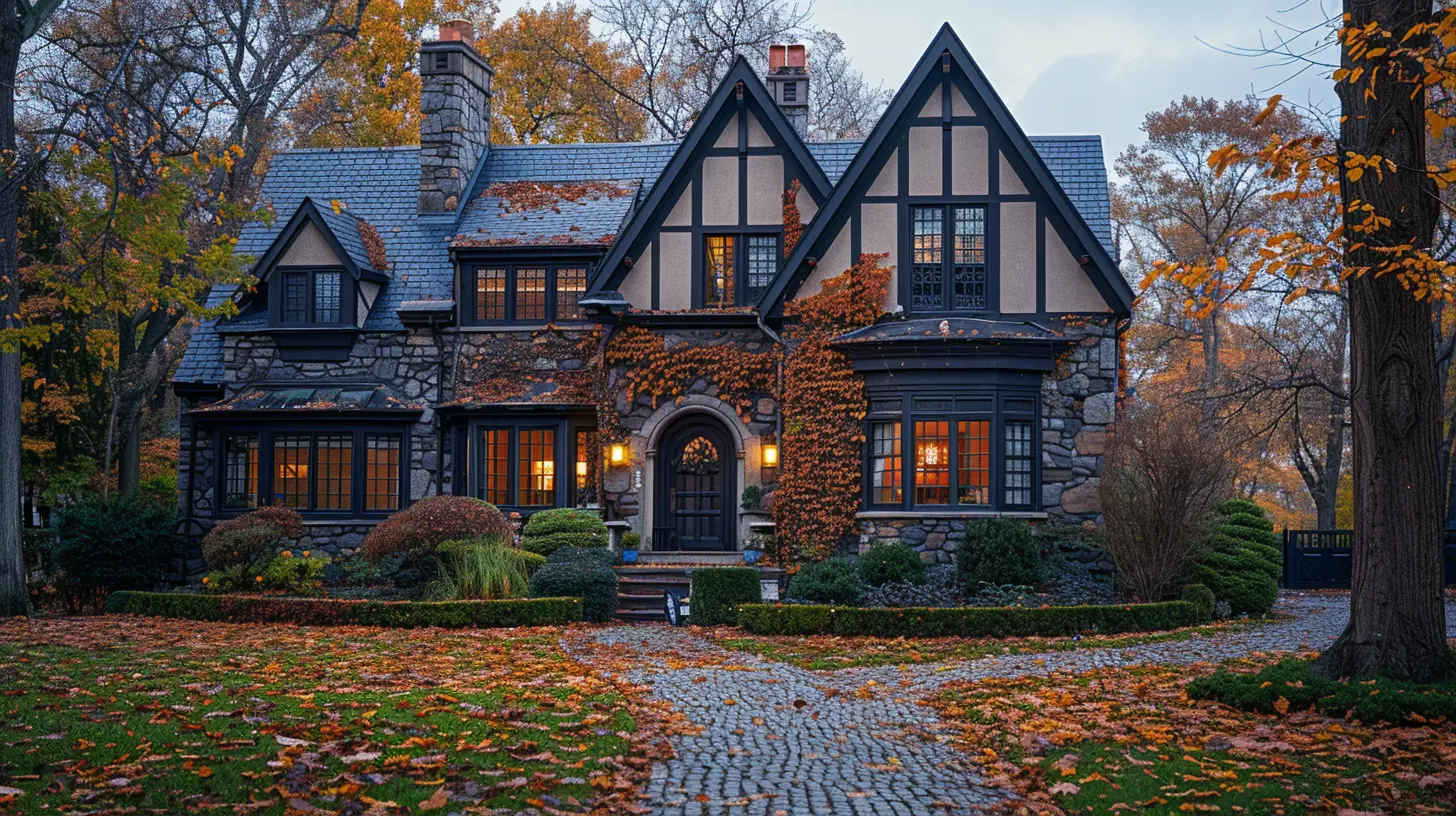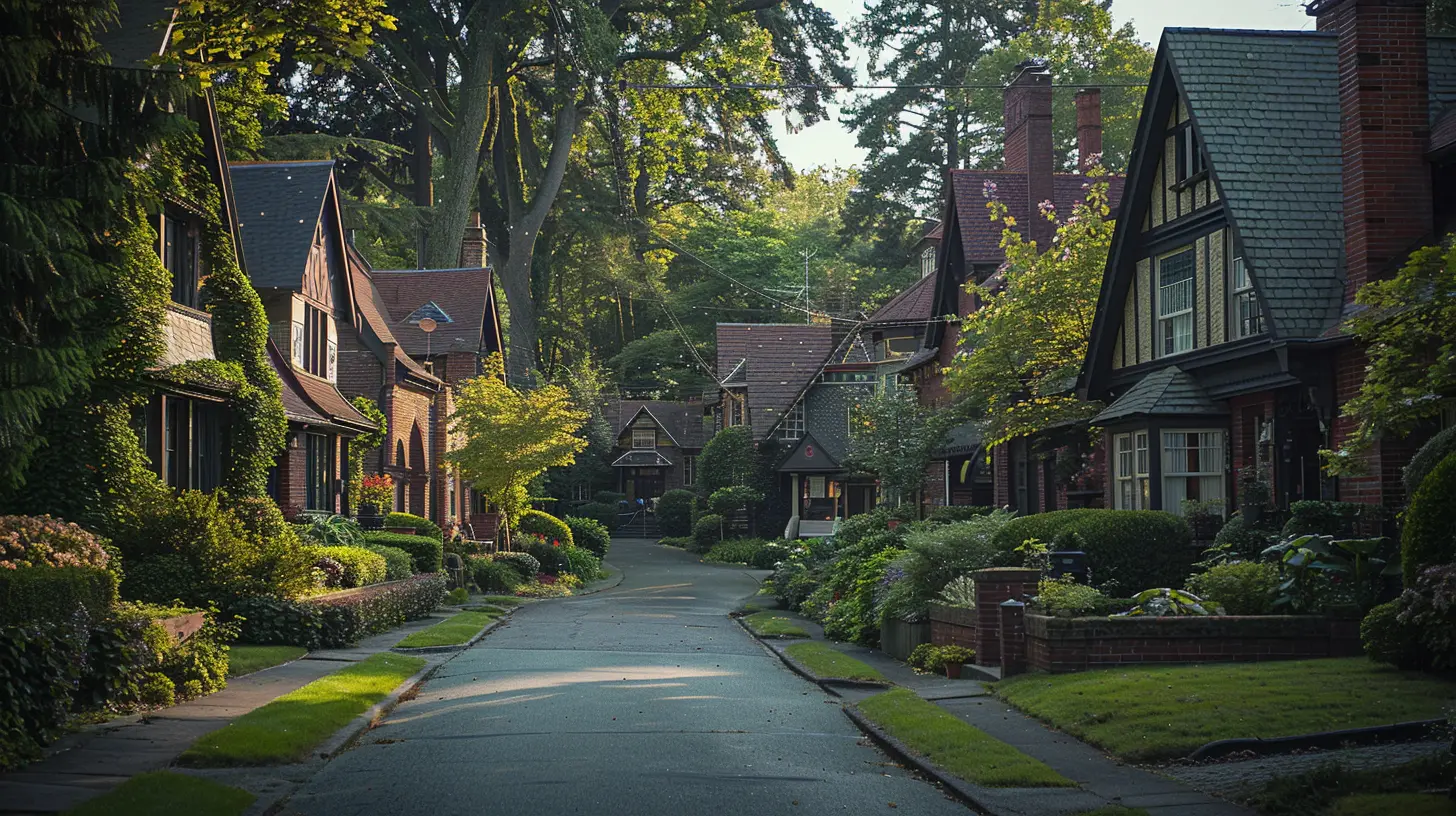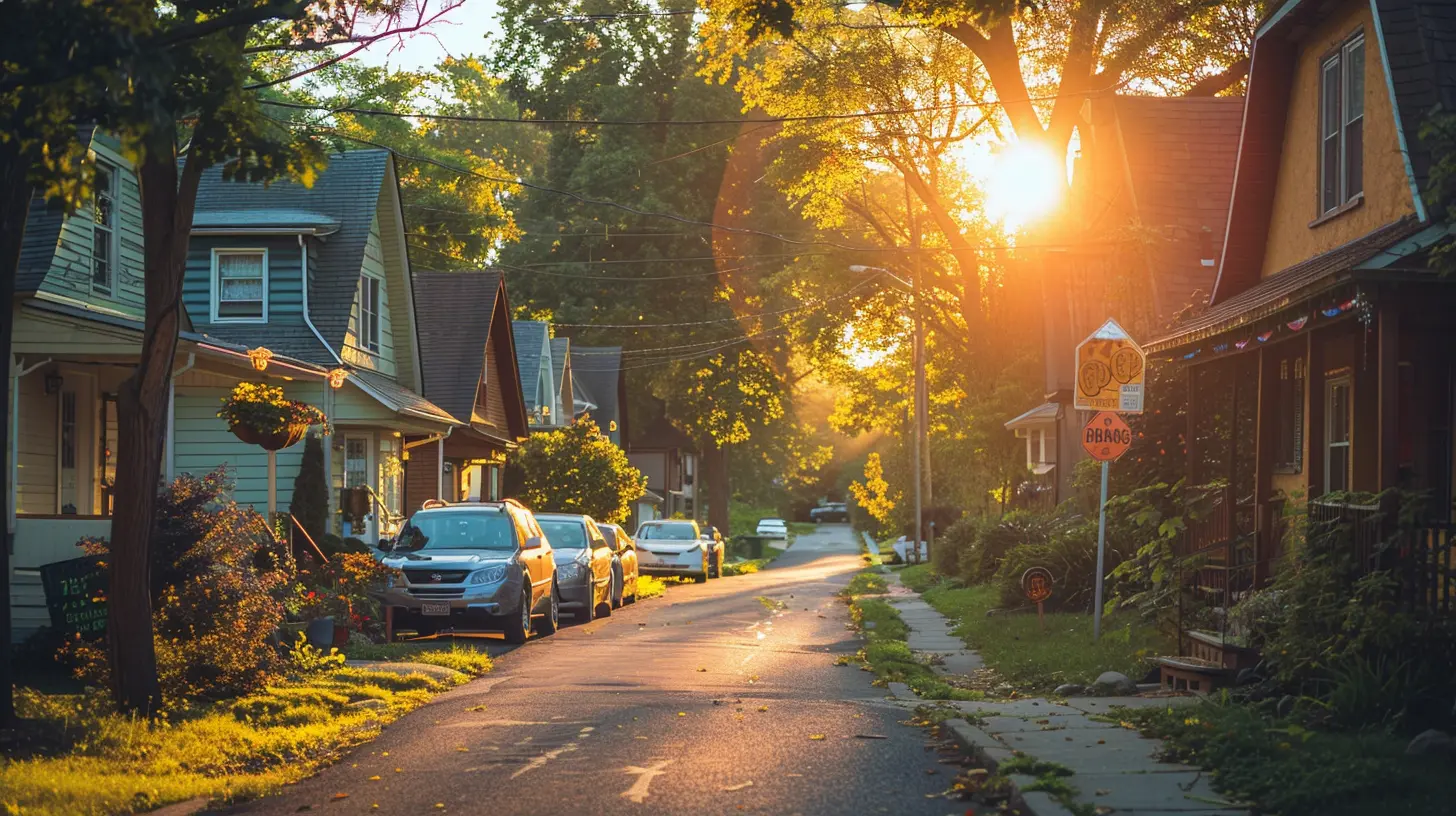What Rising Interest Rates Mean for Homebuyers
23 July 2025
Interest rates are rising, and if you’re thinking about buying a home, you’re probably wondering: “What does this mean for me?” You’re not alone. Whether you're a first-time homebuyer or looking to upgrade, interest rates play a big role in how much home you can afford—and how much you'll end up paying over time.
But here’s the good news: knowledge is power. Understanding how rising interest rates affect mortgages, monthly payments, and your overall house-hunting strategy can help you make smarter decisions. So, grab your favorite cup of coffee (or tea!), settle in, and let’s break it down in a fun and friendly way.
💡 What Are Interest Rates Anyway?
Let’s start with the basics. When you borrow money to buy a home (aka a mortgage), your lender charges you interest. It’s kind of like a “thank you” fee they take for letting you use their money. This fee is your interest rate, expressed as a percentage.For example, if you borrow $300,000 at a 5% interest rate, you'll pay much more over time than if you borrowed the same amount at a 3% rate. Those little percentage points? They seriously add up over the years!
⬆️ Why Are Interest Rates Going Up?
So, why are interest rates on the rise in the first place? It all comes down to inflation and the economy. When inflation heats up (like it has in recent years), the Federal Reserve—the nation’s financial watchdog—steps in to cool things down by raising what's called the "federal funds rate."When the Fed raises that rate, it becomes more expensive for banks to borrow money. Guess who the banks pass that cost onto? Yep—you guessed it—consumers like you and me. Mortgage rates usually follow suit, which means higher interest rates for home loans.
🏠 How Rising Interest Rates Affect Homebuyers
Let’s get real: rising interest rates don’t make buying a house impossible, but they do change the playing field. Here’s how:1. 💰 Higher Monthly Mortgage Payments
This one’s a biggie. The higher the interest rate, the higher your monthly payment. Even a small increase can bump up your mortgage payment by hundreds of dollars.For instance, say you’ve got your eye on a $400,000 home. At a 3% interest rate, your monthly payment (excluding taxes and insurance) might be around $1,686. At 6%, that jumps to about $2,398. That’s over $700 extra every month!
2. 🏡 Reduced Home Affordability
With higher payments, your budget stretches thinner. You might have qualified for a $500,000 home at a lower interest rate, but now you’re looking at homes in the $400,000 range. It doesn’t mean you can’t find your dream home—it just means you might need to get creative.Think of it like shopping with a gift card. With less buying power, you look a bit longer, compare more options, and maybe even find a hidden gem others overlooked!
3. 🔄 Impact on Loan Type and Terms
Higher interest rates can make certain types of loans more attractive than others. For example, adjustable-rate mortgages (ARMs), which offer a lower initial rate, might suddenly look more appealing—at least in the short term.But beware, they’re kind of like those surprise party poppers. They start fun and harmless, but they can go off unexpectedly. If rates continue to rise, your payments can balloon when the fixed period ends.
🚀 Strategies for Homebuyers in a Rising Rate Environment
Now that we’ve covered the “what,” let’s talk about the “how.” How can you navigate the market when interest rates are up? Here are some savvy strategies:1. 💳 Boost Your Credit Score
First things first—check that credit score! A higher score can help you snag a better interest rate. Pay down credit card balances, avoid big purchases before applying for a loan, and pay bills on time. Every little bit helps!2. 🛍 Shop Around for the Best Mortgage Rate
Don’t just go with the first lender you meet—it’s not dating in high school! Mortgage rates can vary from lender to lender, so get quotes from at least three different ones. Sometimes, even half a percent difference can save you thousands over the life of the loan.3. 📦 Consider a Larger Down Payment
If you can swing it, increasing your down payment can reduce your loan amount, which means smaller monthly payments—even with a higher rate. It’s like giving yourself a bit of breathing room.4. 📝 Get Pre-Approved (Not Just Pre-Qualified)
Pre-approval is your golden ticket. It shows sellers you’re serious and that a lender has already vetted your finances. In a competitive market, this can give you an edge—and it helps you stay grounded when figuring out your true budget.5. 🔐 Lock in Your Rate
Found a good rate? Lock. It. In. Rates can change daily—and sometimes hourly. Most lenders offer a rate lock for a certain number of days, which protects you from sudden spikes while you finalize your home purchase.📉 Will Home Prices Drop Because of Rising Rates?
Ah, the million-dollar question. Or at least the several-hundred-thousand-dollar question.Rising interest rates can cool the housing market because fewer buyers qualify for mortgages. This can lead to slower price growth, and in some regions, even price drops. But remember: real estate is super local. What happens in Miami might not happen in Minneapolis.
So yes, higher rates might lead to a more balanced market. That means less competition, more room for negotiation, and possibly—just possibly—lower prices.
👀 Should You Wait to Buy a Home?
This is where things get personal. Everyone’s situation is different.Waiting might help if you think rates will fall or if the market cools significantly. But no one can predict the future—not even the fanciest economists. In many cases, waiting can mean missed opportunities, especially if home prices continue to climb or if rental costs keep rising.
If you’re financially ready, have a stable job, and plan to stay in the home for a while, buying now might still be totally worth it—higher rates and all.
Think of it this way: the best time to plant a tree was 10 years ago. The second best time? Today.
🔮 What If Rates Drop After You Buy?
Here’s a little ray of sunshine: refinancing!If you buy a home today at a higher interest rate and rates go down in the future, you can usually refinance your mortgage. That means swapping your current loan for a new one with a better rate—kind of like trading in your car for a newer, fancier model.
Just make sure the savings outweigh the refinancing costs (because yes, there are some fees involved).
🧠 Final Thoughts: Don’t Let Rates Rain on Your Parade
Sure, higher interest rates can feel like a bummer. But they don’t have to kill your homeownership dreams. With a little planning, a pinch of patience, and the right mindset, you can still find a home that fits your budget and your life.Remember: your home is more than just numbers and interest rates. It’s where you’ll cook your favorite meals, binge-watch your favorite shows, and make memories that last a lifetime. Rates will rise and fall—but owning a home you love? That’s priceless.
🛠 Quick Recap: What You Can Do as a Homebuyer
- ✅ Check and improve your credit score- ✅ Shop around for mortgage rates
- ✅ Consider a bigger down payment
- ✅ Get pre-approved, not just pre-qualified
- ✅ Lock in a good rate
- ✅ Think long-term, not just today’s troubles
There’s no one-size-fits-all answer, but with a bit of research and the right support, you’ve got this!
all images in this post were generated using AI tools
Category:
Interest RatesAuthor:

Yasmin McGee
Discussion
rate this article
1 comments
Betsy McGovern
Opportunities await in hidden corners.
August 10, 2025 at 4:28 AM

Yasmin McGee
Absolutely! Exploring lesser-known areas can reveal affordable options and unique properties for homebuyers navigating rising interest rates.


